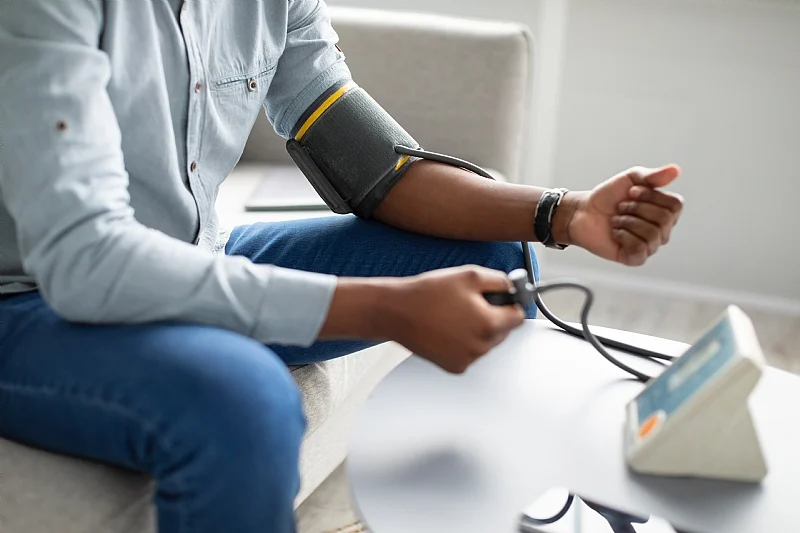Diabetic neuropathy Do you know what diabetic neuropathy means? If you have diabetes, this is one of the common complications that face people with diabetes, which you need to know. When you hear of neuropathy, think of damage to the nerves. Diabetic neuropathy is a condition where one loses a sense of pain and fails...





